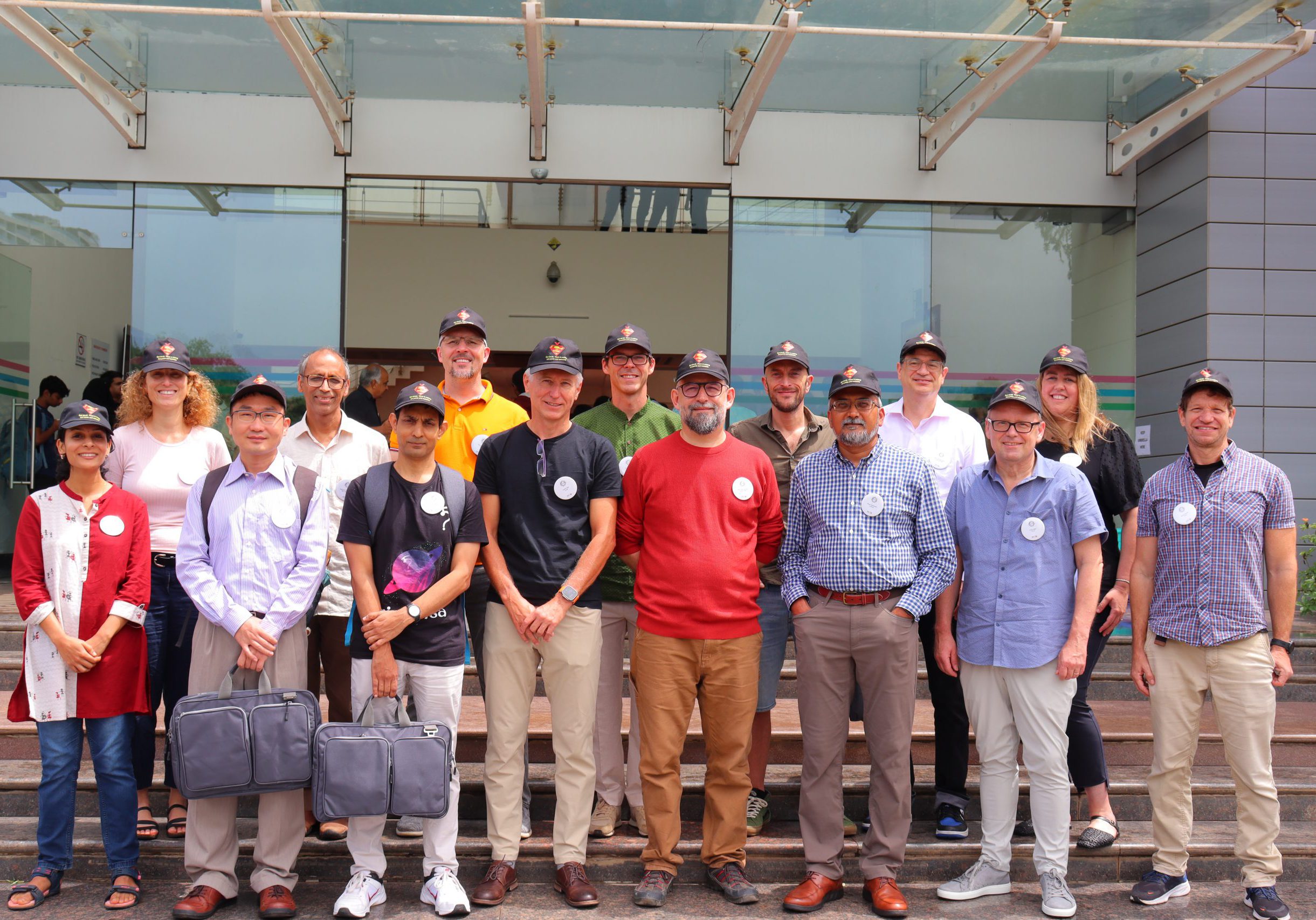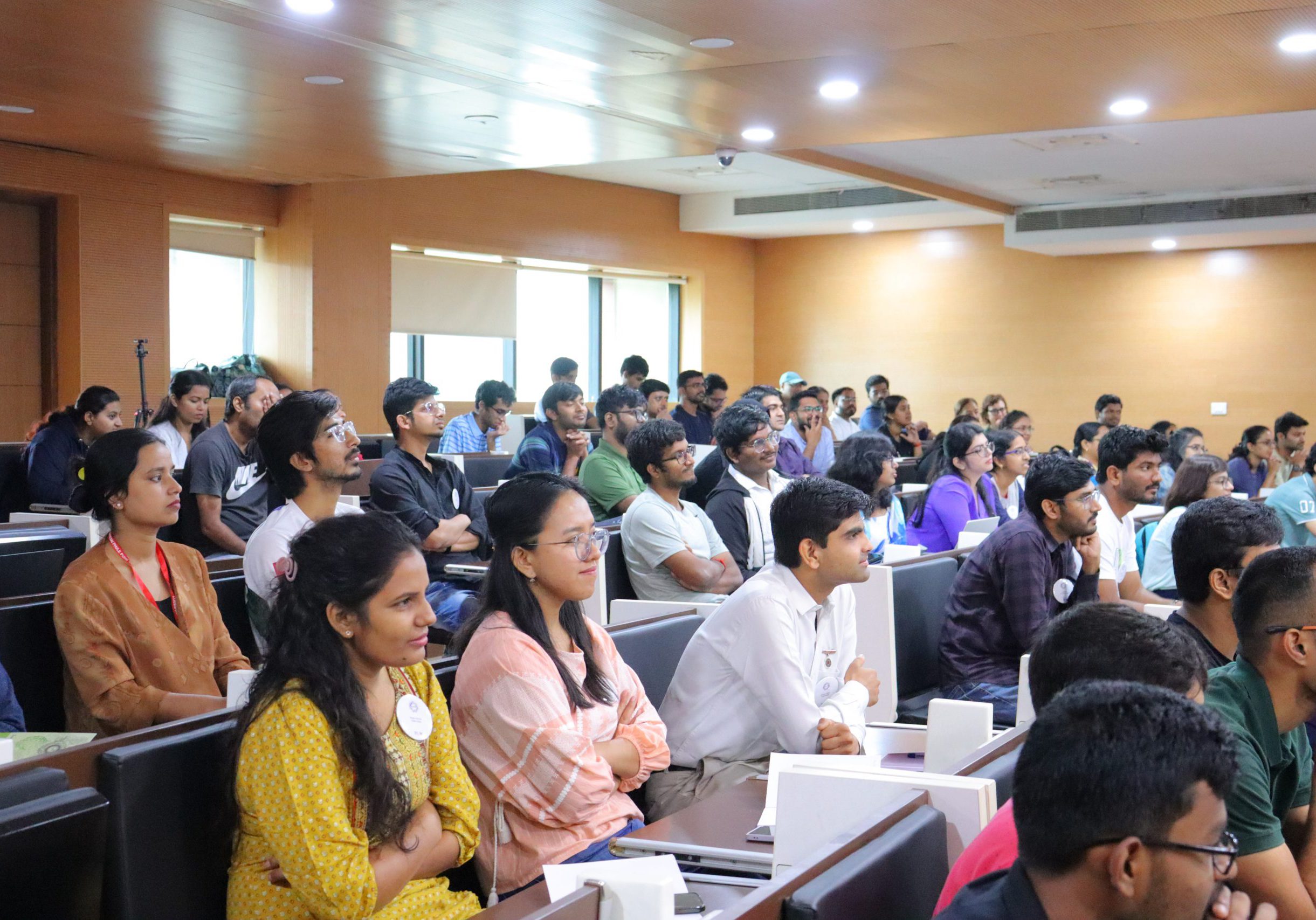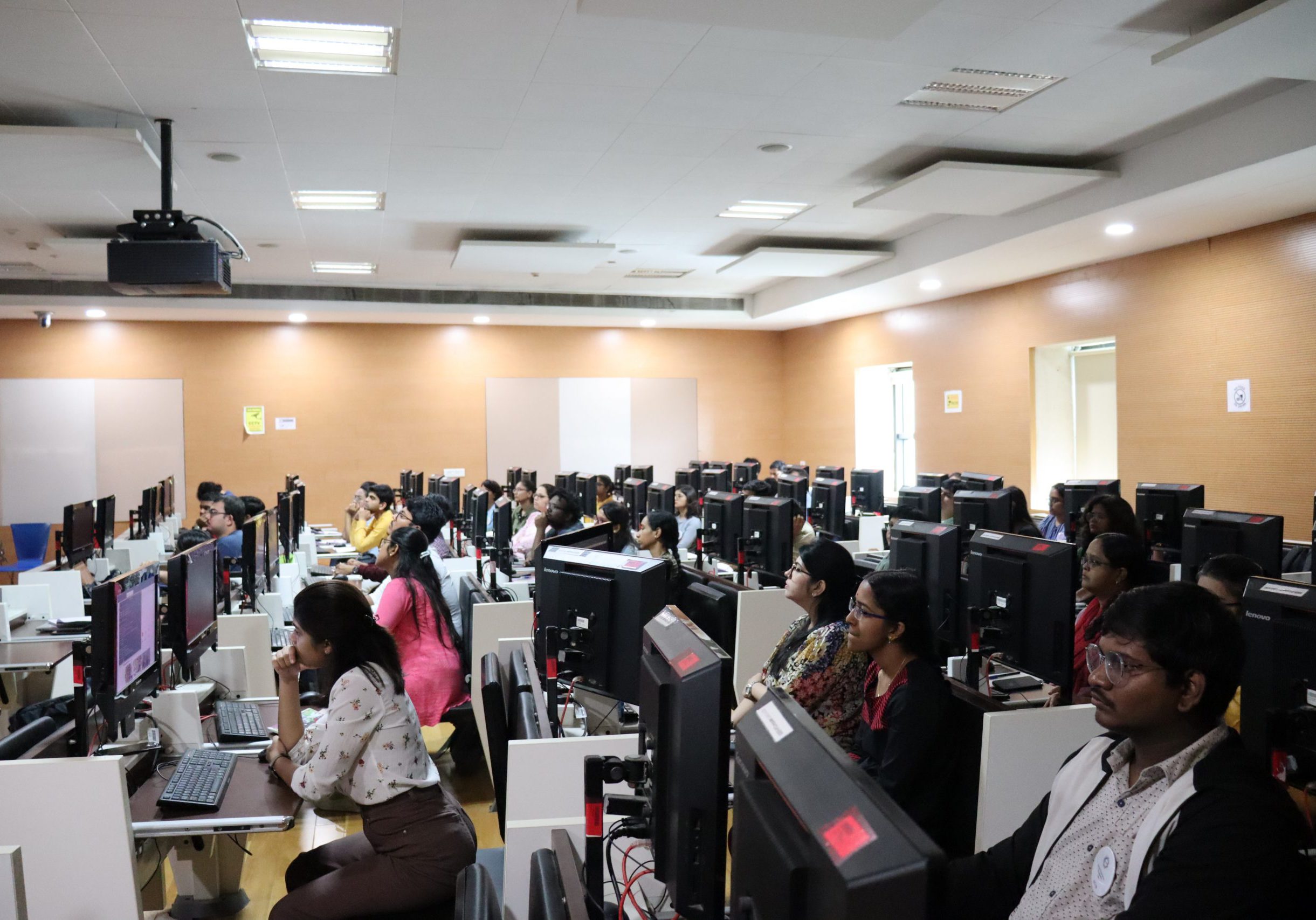IISER Pune
Unraveling Molecular Networks: Structural and Functional Annotations in Mycobacterium tuberculosis at IISER Pune
The Bioinformatics Center at IISER, Pune, is endeavoring to create a comprehensive molecular knowledge base for constructing a network of interactions within living cells and annotating each interaction with structural and kinetic parameters. A significant contribution is the development of a resource cataloging protein-protein interfaces, encompassing all known protein surfaces involved in interactions with other proteins and small molecule ligands. The primary goal of the center is to compile a database of molecular interaction structures, covering interactions among all biomolecules. To achieve this, they utilize software tools like IMP to integrate experimental data. Additionally, the center concentrates on creating a database specifically for protein-protein interaction interfaces and predicting interactions within Mycobacterium tuberculosis. The center has created an interface library by cataloging known crystal structures of domain-domain and chain-chain binary interfaces. To predict small-molecule binding sites on these interface regions, they employ the Depth method ( http://cospi.iiserpune.ac.in/depth ). Interested users can access the data at http://cospi.iiserpune.ac.in/interface_server .



In addition to their research efforts, the center has organized a 2-day conference on Macromolecular Assemblies and a one-day workshop on Integrative Modeling. They have also conducted and taught a Bioinformatics course to 175 students and had organized a one-day workshop on Integrative Modeling using IMP.
The center's endeavors align with the broader goal of constructing a cell-wide molecular network. Such networks could provide insights into the cellular; circuitry; of the cell to help rationalize disease conditions, and identify crucial targets for therapeutic intervention. While the IISER Pune Bioinformatics Center aims to develop tools to facilitate this research, they also plan to apply these methodologies to identify key targets in host-pathogen molecular interactions and kinetics.
In collaboration with NNP partners viz IISc and NCBS Banglore the center is engaged in a project that seeks to elucidate the Mycobacterium tuberculosis system in molecular structural and kinetic detail. The pipeline involves studying human proteins and metabolites interacting with Mycobacterium tuberculosis, encompassing computational predictions of protein-protein, protein-ligand, and large macromolecular assemblies. The center intends to validate some predictions experimentally while disseminating data from its knowledge base. This data could play a pivotal role in identifying new drug targets and lead compounds for combating TB.
